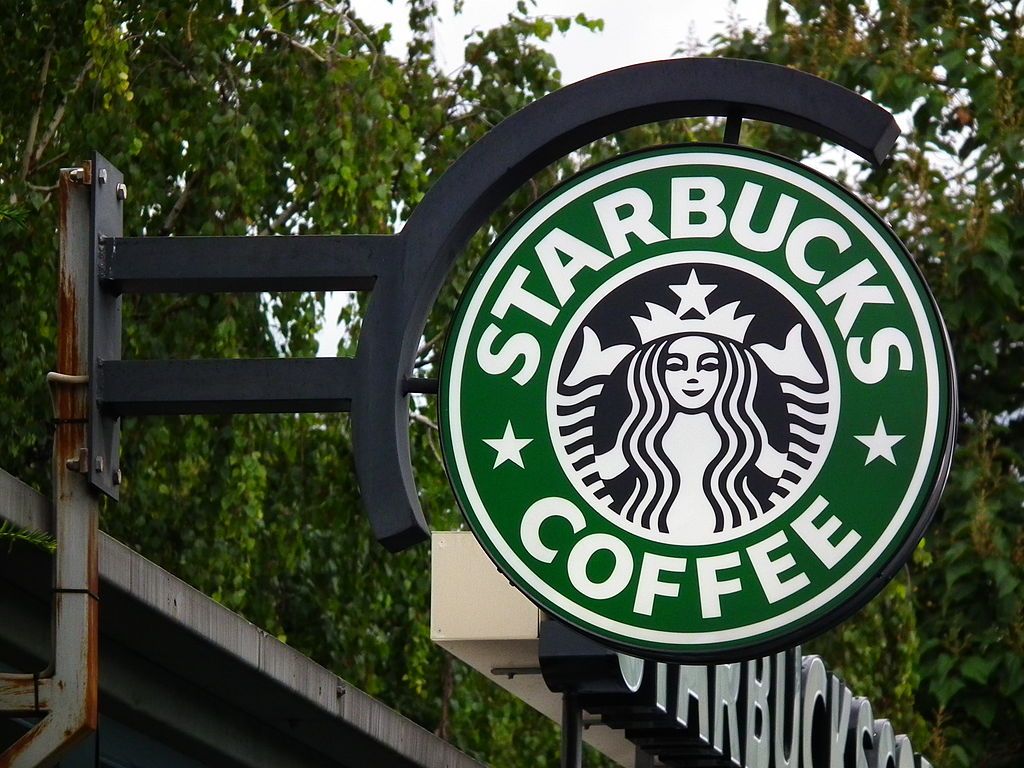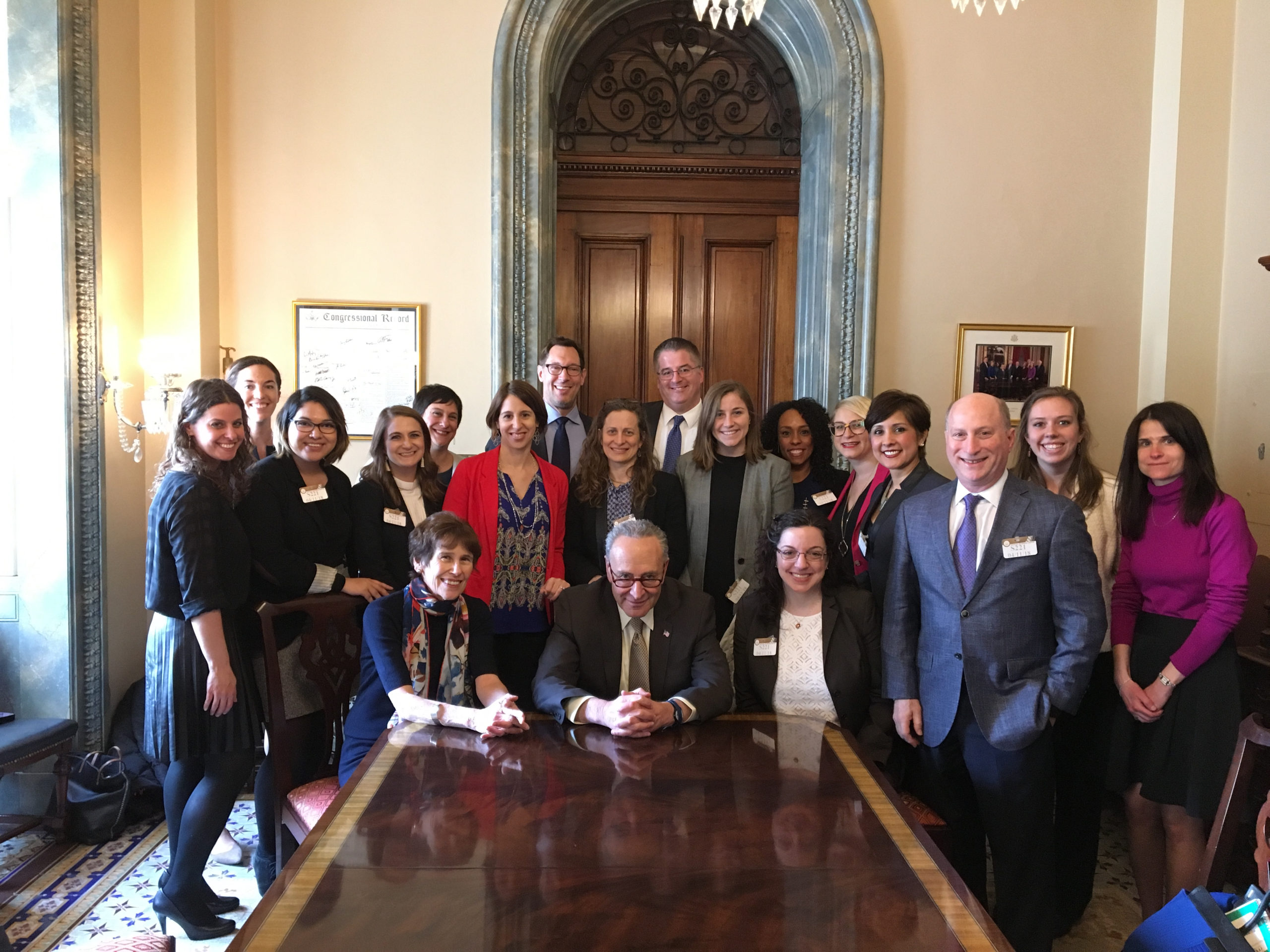Starbucks Announces New Backup Child Care Benefit for Employees

 High-quality child care is essential to enable parents to get and keep a job and to give children a strong start toward success in school and in life – but it is out of reach for far too many families. With the average costs of child care exceeding that of in-state tuition at public universities in many states, and a severe child care shortage in many areas, working parents often find it incredibly difficult to find the child care they need. And when their regular child care arrangement falls through – whether because of a child’s illness, or school or child care provider closures — working parents are truly in a bind.
High-quality child care is essential to enable parents to get and keep a job and to give children a strong start toward success in school and in life – but it is out of reach for far too many families. With the average costs of child care exceeding that of in-state tuition at public universities in many states, and a severe child care shortage in many areas, working parents often find it incredibly difficult to find the child care they need. And when their regular child care arrangement falls through – whether because of a child’s illness, or school or child care provider closures — working parents are truly in a bind.
While businesses benefit when their employees have stable, affordable child care, very few businesses offer child care assistance or benefits to their workers. Only 7 percent of employers with 50 employees or more reported providing child care at or near the worksite to their employees in 2016. Only 2 percent of more than 3,000 employers surveyed by the Society of Human Resource Management in 2018 reported helping employees pay for child care, with 5 percent offering backup care. But even when employers offer child care benefits, not all workers have access. Low-wage workers—who have the greatest difficulty finding and paying for child care—only rarely receive child care benefits at work. While ten percent of private industry workers overall had access to workplace-funded child care in 2015, for example, only five percent of workers whose wages were in the bottom 25 percent did so.
That is why Starbucks’ announcement of its new backup care benefit policy yesterday was good news. Under the new policy, employees can receive 10 subsidized backup days of child care. And the subsidy is a real one: center-based backup care will cost $5 per day, and in-home backup child care will cost as little as $1 an hour. The in-home care is an especially important option for parents with lower earnings, especially if they are working evenings, weekends, or variable hours.
Starbucks’ new policy will help employees who might otherwise have to miss work or scramble for alternative child care when their regular care arrangement isn’t available. By investing in benefits that help its workers meet work and family responsibilities, Starbucks showed that child care helps workers, employers, and communities. Let’s hope other companies will follow its lead.





